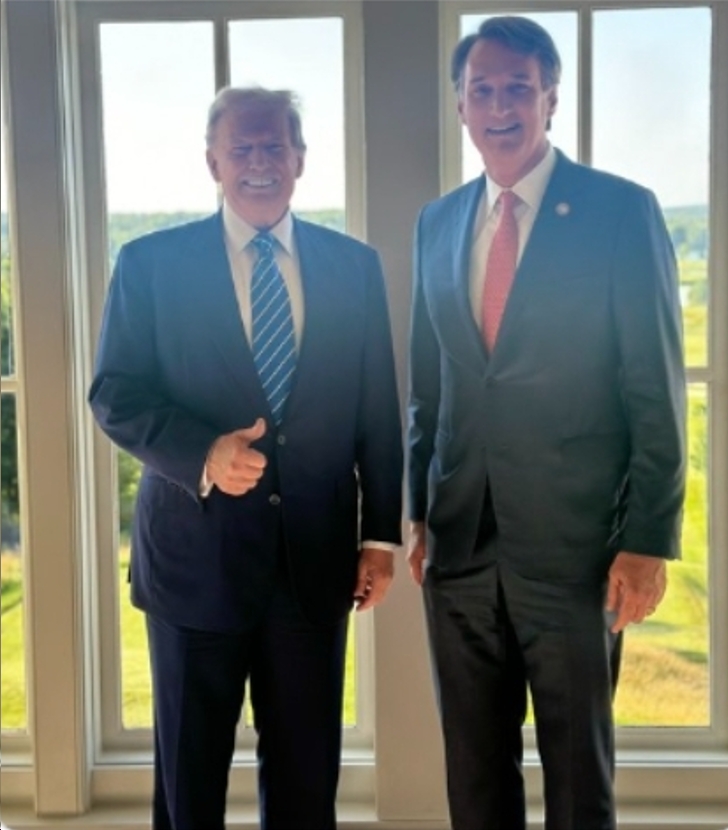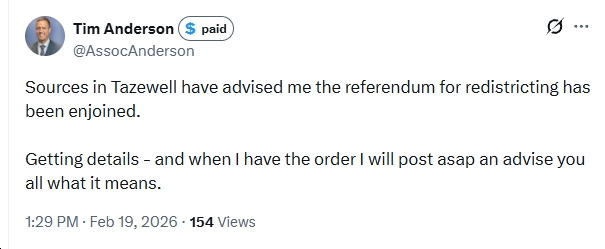An edited version of this opinion piece was published by the Richmond Times-Dispatch on May 23, 2019. This article is the work of 25 community leaders, signed below, who believe in their candidates and their communities. The RT-D chose to omit the names of all but two signers and to remove the references to supporting articles that had appeared in the paper.
In the midst of a rigorous electoral primary season, aspiring Central Virginia public servants are fanning out into our communities canvassing and campaigning. Seemingly business as usual, this cycle is different for the Asian American community. For the first time, two Asian American women have stepped forward to seek public office in the Virginia Senate. Ghazala Hashmi and Veena Lothe are pursuing the nominations in Senate District 10 and Senate District 12, respectively.
Ghazala Hashmi is a college professor and administrator within the Virginia Community College System and has been a resident of Chesterfield County for more than 30 years.
Veena Lothe is an Ivy League educated immigration and labor attorney and has been a resident of the Richmond area for 20 years.
The significance of this is not apparent to many, but it should be. The Asian American community’s sheer numbers and political activism have grown significantly in recent election cycles.
According to the Census Bureau, the Asian population is the fastest growing component of the Commonwealth’s population since 2000. In Central Virginia, the Asian population has grown 143% compared to the 22% general population growth during the same period. In Henrico and Chesterfield counties, the Weldon Cooper Center for Public Policy reports the Asian community population at roughly 8.2% and 3.4%, respectively, of the total population in 2016. The same report projects an explosive Asian community growth in Henrico and Chesterfield by 149% and 197% respectively by 2040.
In addition to pure statistical growth, Asian American voting and activism has played a significant role in recent elections. Asian election day turnout increased from 27 percent to 41 percent from 2014 to 2018, levels positioned to swing elections. Additionally, the Asian American community has become a dominant campaign contribution force, raising more money as a community than prominent corporate donors in the region.
Despite this growing political strength, the Asian American community remains at best a neglected, if not forgotten voting group in the eyes of those outside of our communities. Post 2016 election polling indicated that more than 70% of Asian American registered voters did not receive any contact from any political party, and that roughly 40% of the Asian American population is not aligned with a party.
Even when political parties and candidates court the Asian American community vote and money, our candidates are not greeted with the same enthusiasm. Asian candidates seemingly are less worthy. Asian candidate qualifications, education, and experience are openly discounted. As recounted in Patrick Wilson’s Richmond Times-Dispatch articles from March 5 and March 11 and Dr. Niraj Verma’s RTD op-ed from April 4, the Asian community is bewildered that Governor Northam’s PAC and the Democratic Party – which shrouded themselves with themes of equality and inclusion – seemingly question the viability of Asian American candidates.
Words matter. Labels matter. Today we’ve been tapped with the stereotype of “model minority.” This may seem palatable on the surface, but is layered with a perception that while industrious, we are quiet, don’t rock the boat, and lack the charisma and influence to lead.
So what can our community do when those on the outside don’t feel that we deserve a place at the table? The easy thing to do would be to walk away. After all, how does it really affect our jobs, our children’s education, or our standing in our own communities? Perhaps nothing, but perhaps it means much more than we are willing to admit.
We need to own our power. Civic engagement in these elections is an opportunity for members from the Asian American community to become Virginia decision-makers and have a seat at the table.
The Asian American community needs to understand that by allowing others to place a value on our contributions and our leaders, such as Ghazala and Veena, we are allowing them to limit our achievements and aspirations.
We need others to understand that we are prepared to fight for our communities. And most important, we need others to understand, that if we support you, and you don’t support us, we will remember.
Suja Amir
Sidra Butt
Angela Chiang
Mahmud Chowdhury
Dave Duong
Ali Faruk
Zeistina Khan
John Kim, President Korean American Society of Greater Richmond
Hyun Lee, Vice-President, Korean American Society of Virginia
Bel Leong-Hong
Eric Lin
Victoria Mirandah
Shekar Narasimhan, Chairman and Founder AAPI Victory Fund
Ting-Yi Oei
Rupali Pendse
Laura (Thien Huong) Pho
J.R. Smith
Dewita Soeharjono
T.K. Somanath
Hueina Su
Paul Tiao, Co-Founder Asian American Action Fund
Ting Xu
Quentin Yan
Carey Yang
Jinxing Yu, MD


















